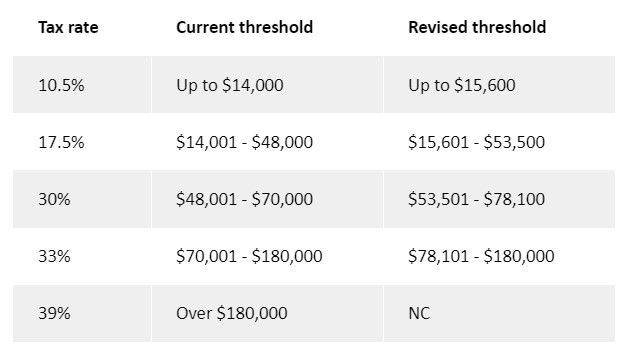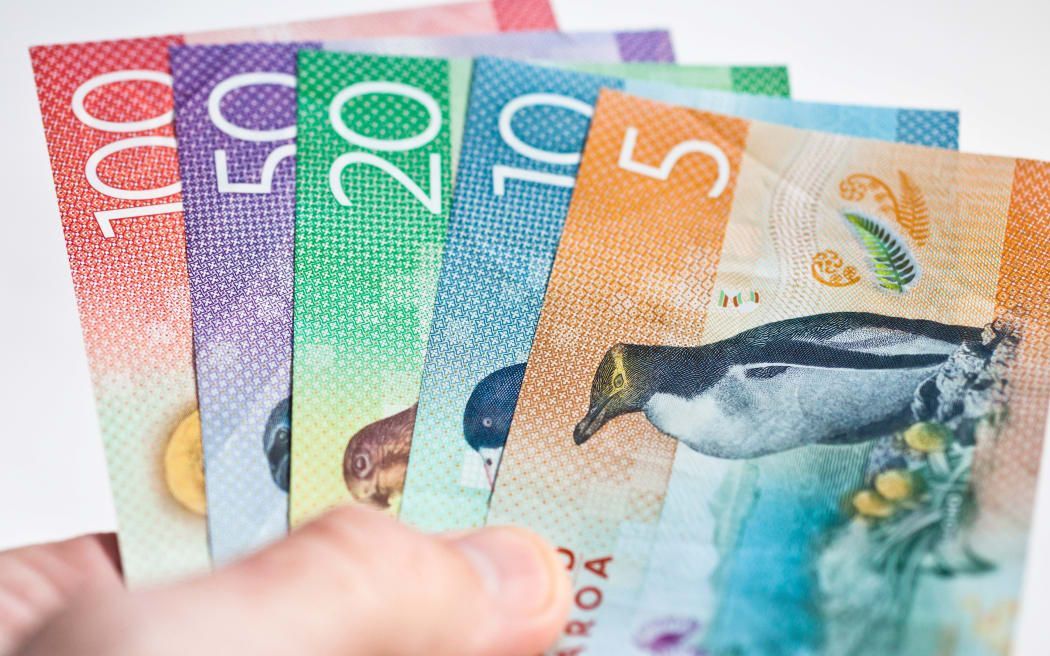March 7, 2025
Just a reminder – if you make a profit out of investing in crypto-assets, that profit is taxable income. Crypto-assets are cryptographically secured digital representations of value that can be transferred, stored or traded electronically. They use some form of distributed ledger technology such as blockchain. They are also known as cryptocurrencies, cryptographic assets, digital financial assets, digital tokens and virtual currencies. Inland Revenue’s rationale is that the only reason you could possibly have for investing in crypto-assets is to make a profit. There’s generally no other form of income. Unlike a rental property, you don’t get a combination of income and capital gain. However, some crypto-assets are paying a return on crypto held in the form of more crypto. In those cases there is an argument that it is purchased for that purpose not sale. Two key developments in the past year highlight the importance for taxpayers with crypto-assets to make sure their tax matters are in order – failure to do so could lead to an unpleasant surprise from Inland Revenue. In general, transactions involving sale, exchange, or trading of crypto-assets are taxable on realisation: when someone sells a crypto-asset, the proceeds from the sale are subject to tax, although they can deduct the cost of acquiring the asset. Sales can involve government-issued fiat currency (such as NZD) or be used to purchase another crypto-asset. This is a broad guideline, and specific tax rules may vary depending on the situation. If income is generated from crypto-asset activities, it must be included in a taxpayer's income tax return. For New Zealand tax residents, this applies even to crypto-assets bought or sold outside the country, such as when using a non-New Zealand-based crypto exchange. Development #1: Inland Revenue's focus on Crypto-assets In July 2024, Inland Revenue announced it would focus on investigating taxpayers who fail to report income from crypto-assets. The agency reminded the public that, contrary to the belief that transactions on the blockchain are anonymous, it has the tools and technology to track crypto-asset activity. With an additional $116 million allocated to compliance efforts in the 2024 Budget, taxpayers should expect an increase in inquiries and requests for information. The Commissioner of Inland Revenue confirmed that Inland Revenue would gradually reach out to crypto traders, informing them of the data the agency has and offering a final opportunity to report any unreported income. Inland Revenue’s system has identified 227,000 New Zealanders with crypto-assets and tracked 7 million transactions worth $7.8 billion. This is likely just the beginning, as Inland Revenue continues to gain access to more data related to crypto-asset activities. Development #2: The Crypto-Asset Reporting Framework (CARF) As part of the 2024 Budget, Inland Revenue received extra funding to create a Crypto-Asset Reporting Framework (CARF). According to the Regulatory Impact Statement (RIS), the decentralised nature of crypto-assets and limited regulation have made it difficult for tax authorities to fully track income generated from crypto activities. While Inland Revenue can monitor some transactions, a formal reporting system would provide a more efficient way to gather and oversee crypto asset data. CARF is an initiative led by the OECD. It’s a framework for a reciprocal international exchange of information on crypto-asset activity between jurisdictions. As a global minimum standard, all OECD countries are expected to adopt the framework, and as of May 2024, 50 countries had committed to participating. CARF will require crypto intermediaries to provide tax authorities with information about users on their platforms. This information will be automatically shared with other CARF-compliant jurisdictions. The data provided will include personal details (e.g., name, address, date of birth, and tax ID number), along with transaction details at both the user and aggregate levels. This data will cover crypto-to-crypto exchanges, crypto-to-fiat transactions, and transfers to wallet addresses on the blockchain. CARF will also establish rules for currency translation and asset valuation. For example, the value of the crypto-asset must be reported in the fiat currency in which it was either paid or received. CARF is expected to be implemented starting with the 2026/27 tax year, and the first data exchange will take place in 2027. The initiative is estimated to generate an additional $50 million in tax revenue annually from 2027/28 onwards. The RIS suggests Inland Revenue might begin pre-populating income tax returns with crypto-asset income, a process that could be made easier with tax reform aimed at simplifying the calculation of taxes on crypto-assets. Watch this space for potential legislative changes in the future! Do get in touch with your Russell Turner adviser if you have any questions on crypto-assets.



















